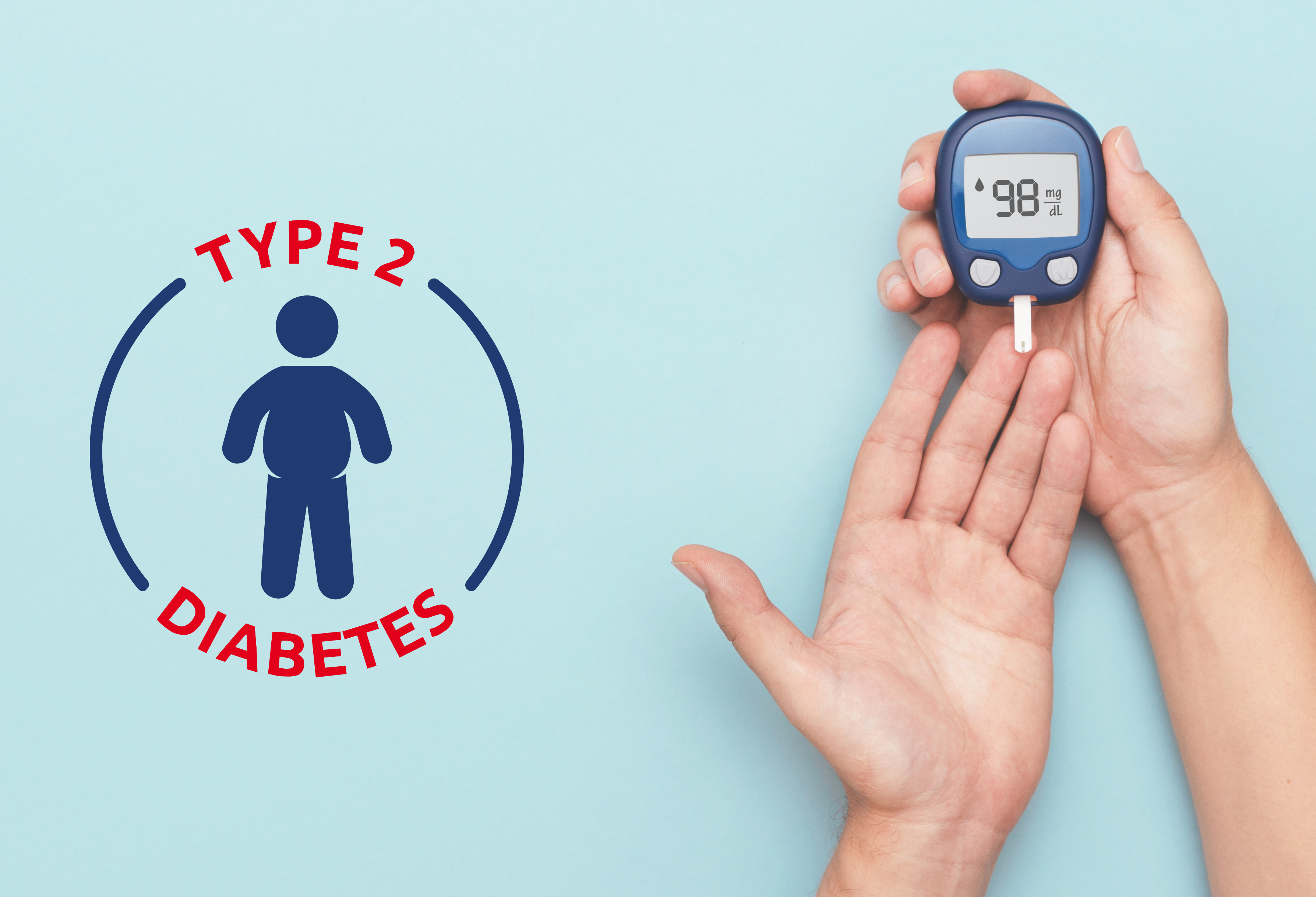Are you getting enough sleep, and more importantly, is your sleep quality up to par? Scientific research increasingly links poor sleep to faster brain aging, suggesting that addressing sleep issues earlier in life can play a crucial role in maintaining cognitive health. Understanding how sleep impacts brain function can help you take action to protect your mind as you age.
The Link Between Sleep and Brain Health
Sleep is more than just rest; it’s a critical time for your brain’s maintenance. Research indicates that quality sleep helps maintain the brain’s glymphatic system—a cleaning mechanism that removes waste from brain cells. This process is essential for maintaining cognitive function over time. Conversely, frequent sleep disruptions, such as difficulty falling asleep, staying asleep, or waking up multiple times during the night, can harm cognitive function. Over time, these disruptions may increase the risk of dementia and other cognitive disorders.
What Recent Studies Reveal About Sleep and Brain Aging
Two new studies published in 2024 shed light on the connection between sleep quality and brain health, emphasizing the importance of good sleep in early and middle adulthood. Let’s explore the key findings from these studies and understand their implications for cognitive function and brain aging.
Study 1: Poor Sleep Quality Tied to Accelerated Brain Aging
A study published in Neurology, the journal of the American Academy of Neurology, explored how sleep quality in early middle age impacts brain health later on. The study revealed that people in their 30s and 40s who struggle with sleep—be it trouble falling asleep, staying asleep, or experiencing frequent awakenings—tend to show more signs of cognitive decline as they age.
Although the study found a correlation between poor sleep quality and faster brain aging, it didn’t conclusively prove that sleep issues directly cause accelerated brain aging. However, the findings underscore the importance of prioritizing sleep health before more serious cognitive symptoms emerge.
Key Findings of the Study
The study analyzed data from 589 participants who were, on average, 40 years old when the study began. Here’s how the research unfolded:
- Initial Sleep Surveys: Participants filled out sleep surveys at the beginning of the study and five years later. Researchers divided them into three groups based on the severity of their sleep problems: low (0-1 sleep issues), middle (2-3 issues), and high (more than 3 issues).
- Brain Scans and Analysis: Fifteen years into the study, participants underwent brain scans to determine their brain age. Researchers utilized machine learning algorithms to analyze the scans, assessing levels of brain shrinkage and their correlation to chronological age.
- Results: Those in the middle group had an average brain age 1.6 years older than those in the low group, while those in the high group exhibited a brain age 2.6 years older. This suggests that persistent sleep problems over time could contribute to a quicker pace of cognitive aging.
Expert Opinions on Sleep and Cognitive Health
“Addressing sleep problems early in life can be pivotal in preserving brain health,” says Kristine Yaffe, MD, Professor of Psychiatry, Neurology, and Epidemiology at the University of California San Francisco. According to Yaffe, maintaining a consistent sleep schedule, engaging in regular physical activity, and reducing caffeine and alcohol intake before bed can make a significant difference. She emphasizes that future research should focus on new ways to enhance sleep quality, particularly in younger adults, to understand its long-term benefits for brain health.
- PRM vs. CRM: Key Differences, Pros & Cons, and Why They Work Better Together
- 3 Effective Strategies to Slow Brain Aging in Type 2 Diabetes
- A Thorough Comparison to Help Decide between PWA vs Instant Apps
Study 2: Disrupted Sleep in 30s and 40s Linked to Memory Problems Later in Life
Another study, published earlier this year, examined how disrupted sleep in early adulthood could impact cognitive abilities later on. This research highlights the importance of uninterrupted sleep for maintaining cognitive performance.
Key Takeaways from the Study
This study followed 526 participants with an average starting age of 40 over 11 years. Researchers monitored their sleep patterns and conducted cognitive tests at regular intervals to understand the impact of sleep on memory and cognitive function.
- Sleep Tracking: Participants wore wrist monitors for three days each year to track sleep duration and quality. They also kept sleep diaries and completed surveys to score their sleep quality on a scale from 0 to 21, with higher scores indicating poorer sleep.
- Cognitive Assessments: Over the study period, participants took memory and thinking tests to measure cognitive performance. Researchers adjusted their analyses for factors like age, gender, race, and education.
- Results: Participants with the most disrupted sleep were over twice as likely to experience cognitive decline in middle age compared to those with the least disrupted sleep. However, sleep duration alone didn’t seem to have a direct correlation with cognitive performance; the quality of sleep and consistency mattered more.
- PRM vs. CRM: Key Differences, Pros & Cons, and Why They Work Better Together
- 3 Effective Strategies to Slow Brain Aging in Type 2 Diabetes
- A Thorough Comparison to Help Decide between PWA vs Instant Apps
- Trump Claims Victory in Arizona, Sweeping All Key Swing States in Historic Win
- Good, free, fun: The simple formula that has made Duolingo a daily habit for millions
Dr. David Merrill, a geriatric psychiatrist and director of the Pacific Brain Health Center, comments, “Even in early adulthood, sleep quality influences measurable changes in cognitive performance by mid-life. It’s crucial to focus on improving sleep to support cognitive health.”
The Chicken or the Egg: Sleep Quality or Cognitive Decline?
While the findings strongly support the importance of sleep quality, one major question remains: Does poor sleep quality lead to cognitive decline, or does cognitive decline affect sleep quality? Dr. Steven Feinsilver, director of the Center for Sleep Medicine at Northwell Lenox Hill Hospital, notes that while it’s clear that sleep is vital, more research is needed to fully understand this relationship.
How to Improve Sleep Quality: Expert Tips for a Better Night’s Rest
Improving sleep quality is not just about getting more hours of rest; it’s about ensuring those hours are truly restful. Here are some expert-recommended tips to improve your sleep and, by extension, protect your brain health:
1. Create a Consistent Sleep Schedule
Going to bed and waking up at the same time every day, even on weekends, helps regulate your body’s internal clock, making it easier to fall asleep and wake up.
2. Reduce Screen Time Before Bed
Avoid exposure to screens and blue light at least an hour before bedtime. This includes phones, computers, and television screens. Blue light can interfere with melatonin production, a hormone that helps you sleep.
3. Practice Relaxation Techniques
Engaging in relaxation practices like deep breathing, meditation, or reading a book before bed can help you unwind and prepare your body for sleep.
4. Create a Comfortable Sleep Environment
A cooler room temperature, a comfortable mattress, and blackout curtains can make a significant difference in sleep quality. A quiet, dark, and cool room promotes better sleep.
5. Limit Caffeine and Alcohol Intake
Avoid consuming caffeine or alcohol late in the day. Caffeine can stay in your system for several hours, while alcohol can disrupt your sleep cycle, leading to poorer sleep quality.

Final Thoughts: Sleep Quality is Key to Long-term Brain Health
These studies emphasize that the quality of sleep in your 30s and 40s can have a long-term impact on brain health. While the correlation between sleep and cognitive decline needs further exploration, prioritizing good sleep habits today can help safeguard your brain for years to come. Whether you’re dealing with difficulty falling asleep, frequent awakenings, or early morning wakefulness, making small adjustments to your sleep routine could be the key to a healthier mind as you age.
Incorporating better sleep practices into your daily life may not only help you feel more rested but could also preserve your cognitive function as you enter later stages of life. Taking steps to improve your sleep today is an investment in your future brain health.





